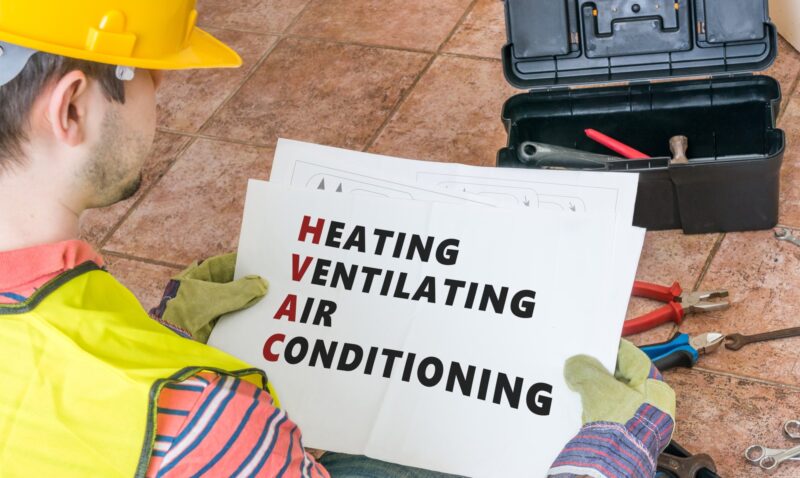Did you know that heating, ventilation, and air conditioning systems have health benefits? That’s according to research, which showed that HVAC use offers heat stress protection. What’s more, they even helped improve the vital signs of intensive care unit patients!
Those are good enough reasons to shower your residential HVAC system with TLC. Doing so will keep it running smoothly without consuming more energy than necessary.
To that end, we came up with this guide listing the top HVAC maintenance tips every homeowner should know. Read on as some of them are easy enough to do by yourself.
1. Replace the Air Filter
The primary purpose of air filters is to help cut down the dirt and debris that settles on HVAC components. They do so by collecting and trapping contaminants in the air as it circulates within the system.
In that way, air filters prevent layers of residue from forming on HVAC parts. That’s a crucial job, as residue can impede an HVAC system’s cooling and heating functions.
So, one of the ways to maintain your heating and cooling system is to change filters once every three months. In doing so, you can reduce your comfort system’s energy consumption by as much as 5% to 15%. That can then translate to lower electricity bills.
2. Keep the Air Vents Clean and Clear
Air vents are openings in an HVAC system where air enters and exits. They include the HVAC registers, grilles, and returns.
As air flows through vents directly, their grills or slats can form thick layers of residue, too. After all, indoor air can have anywhere from two to five times more pollutants than outdoor air.
Either way, dirty air vents can result in poor HVAC performance and higher energy bills. Moreover, they can make it more difficult to cool or heat your home.
As such, be sure to include vacuuming air vents in your HVAC maintenance checklist.
3. Unclog the Drain Tray
The drain tray catches water droplets that form when you use your AC to cool the air. The collected moisture then flows into a drain pipe attached to the tray. From there, the pipe directs the water outside of your home.
Like in any draining device, debris can also collect and block the drain tray. What’s more, molds can grow in and on this component, seeing as it’s constantly moist.
If a drain tray gets clogged, the water can overflow out of the pan. That can then lead to water damage and even more mold growth.
To prevent such woes, inspect your HVAC drain tray once a week during summer. If there’s a lot of gunk in it, remove it with glove-covered hands. You can also clean it using a solution of 50% water and 50% bleach.
4. Invest in Pre-Season HVAC Service
According to the folks at Wallyfalkes.com, HVAC systems can leak toxic gases into a home. One way for that to happen is if the AC develops a refrigerant leak. Another is if a gas furnace’s heat exchanger cracks.
That’s a good enough reason to invest in professional, pre-season HVAC maintenance services. That way, a technician can inspect the system for damages before peak usage. The expert can then carry out HVAC repairs before the system breaks down completely.
Follow These HVAC Maintenance Tips to Keep Your System Safe and Efficient
There you have it, your guide to some of the top HVAC maintenance tips you should follow. As you can see, the first three are easy to DIY, so be sure to start with them.
Just as crucial, though, is to hire a local HVAC company for professional servicing. In doing so, you can have an experienced tech inspect, tune up, and repair what needs fixing in your system.
Looking for more helpful guides like this? Feel free to check out our latest blog posts then!




